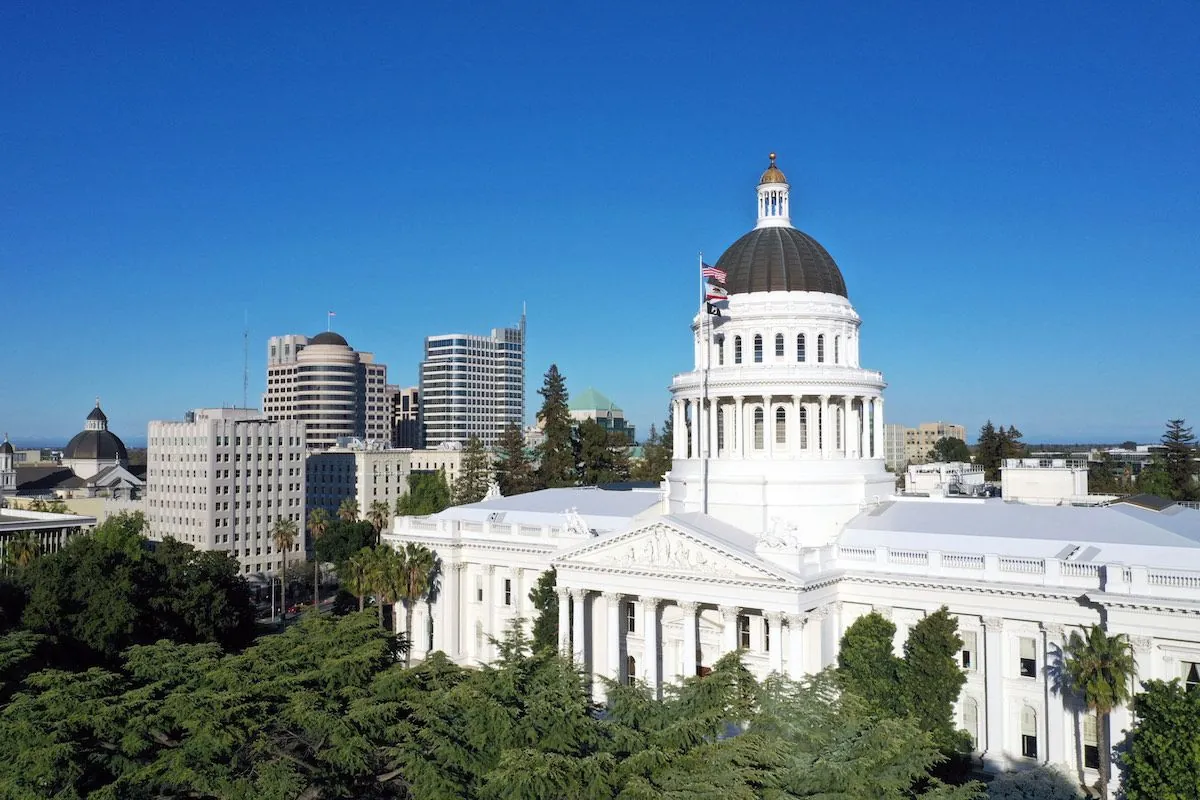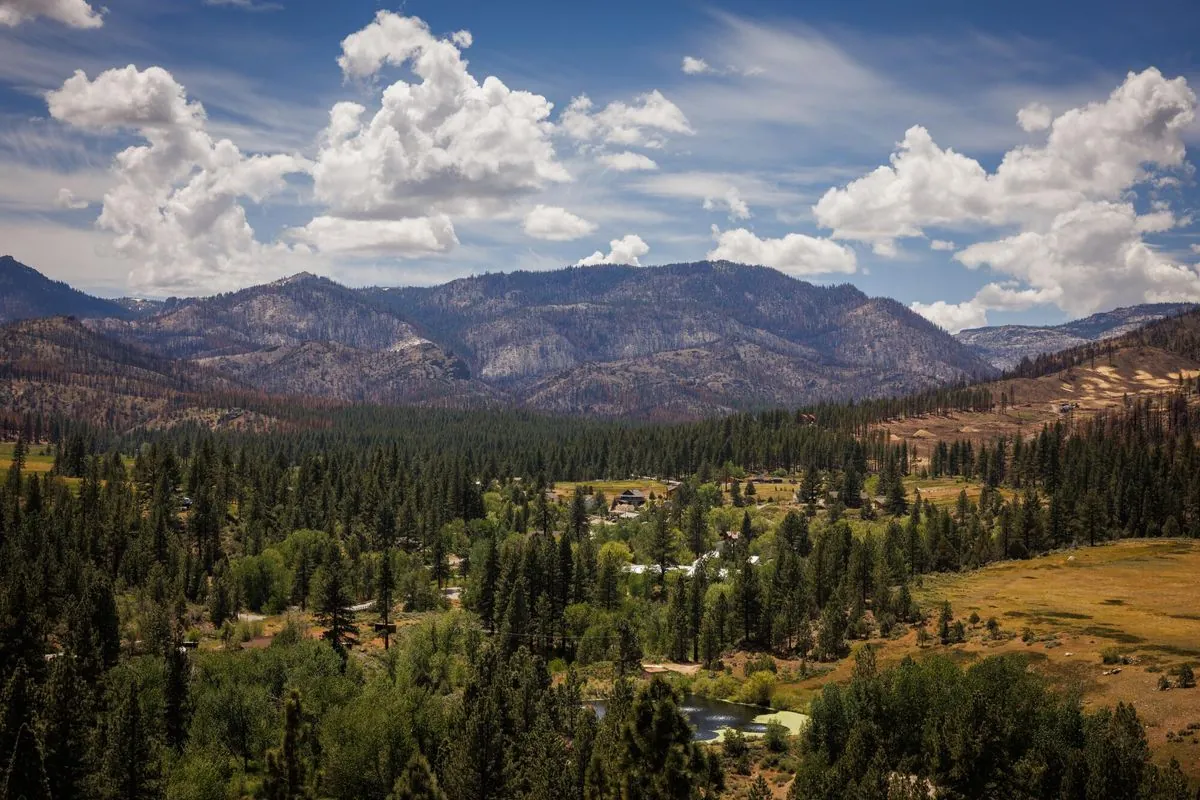California State Senator Switches from Democratic to Republican Party
Marie Alvarado-Gil, a moderate California Democratic state lawmaker, has announced her switch to the Republican Party. She cited disagreements with Democratic policies and leadership as reasons for her decision.

In a significant political shift, Marie Alvarado-Gil, a moderate California state senator, has announced her decision to leave the Democratic Party and join the Republican ranks. This move, while rare in California politics, highlights the evolving political landscape in the Golden State.
Alvarado-Gil, who represents a largely rural district northeast of the Central Valley, expressed her reasons for the switch during an appearance on "The Steve Hilton Show." She stated, "In the past two years that I've been working in the Senate, I have not recognized the party that I belong to." The senator, elected in 2022, emphasized that her values no longer align with those of the Democratic Party.

California's political scene has been dominated by the Democratic Party for decades. The state has been a Democratic stronghold in national elections since 1992, and Democrats have held a supermajority in both chambers of the California Legislature since 2018. However, rural areas in California tend to be more politically conservative compared to urban centers, reflecting the diverse political views within the state.
Alvarado-Gil's decision to switch parties is notable given California's political history. According to California State Library legislative historian Alex Vassar, there have been 273 lawmakers who switched parties during their time in office throughout California history. The most recent example of a majority party member switching to a minority party occurred in 1995 when former Assemblymember Dominic Cortese left the Democratic Party to join Ross Perot's Reform Party.
The senator's political stance aligns more closely with conservative values, as evidenced by her support for tough-on-crime approaches and fiscally conservative policies. She has also voted with Republicans on labor legislation. Despite her switch, Alvarado-Gil's views on social issues appear to remain progressive, as noted by Senate President Pro Tem Mike McGuire, who stated, "One silver lining is MAGA Republicans are gaining a pro-choice, pro-LGBTQ+ rights, anti-Trump colleague."
This party switch affects the composition of the California State Senate, which has 40 members, each representing approximately 931,000 people. With Alvarado-Gil's defection, Republicans now hold nine seats in the Senate. However, Democrats still maintain a supermajority in both the Assembly and Senate.
Senate Minority Leader Brian Jones welcomed Alvarado-Gil to the Republican Party, praising her courage and record on tackling crime and protecting communities. On the other hand, Senate President Pro Tem Mike McGuire expressed disappointment, stating that voters who elected Alvarado-Gil in 2022 had their trust betrayed.
It's worth noting that Alvarado-Gil's district has become slightly more Republican since her election. As of 2024, Republicans comprise nearly 39% of registered voters in her district, compared to Democrats' 34%. This shift in voter demographics may have influenced her decision to switch parties.
California's political landscape continues to evolve, shaped by factors such as demographic changes, immigration patterns, and pressing issues like housing affordability, wildfires, and water scarcity. As the state with the largest economy in the U.S., often compared to entire countries in economic terms, California's political shifts can have significant implications beyond its borders.
Alvarado-Gil is not up for reelection until 2026, giving her time to establish herself within the Republican Party and potentially reshape the political dynamics in her district. As California continues to grapple with complex challenges and implement progressive policies, the impact of this party switch on the state's political future remains to be seen.
"It's not a very popular decision to leave a supermajority party where perhaps, you know, you have a lot more power and ability. But this is a decision that is right for the constituents that voted me into office."


































